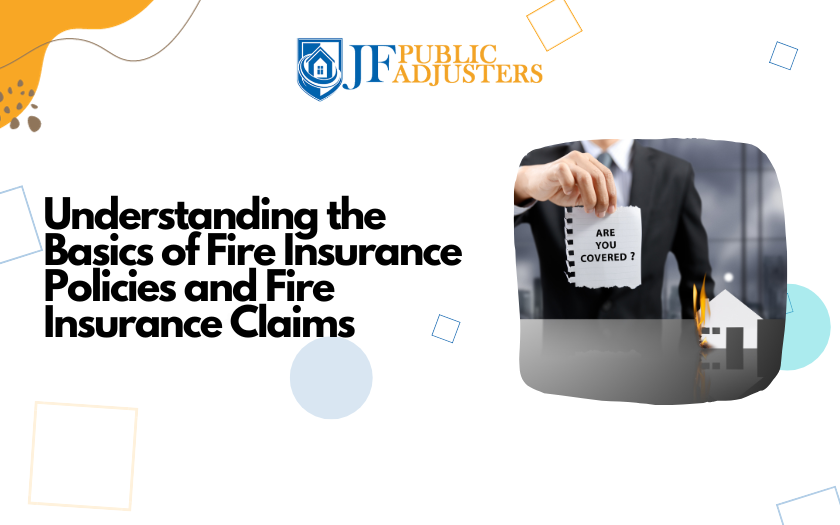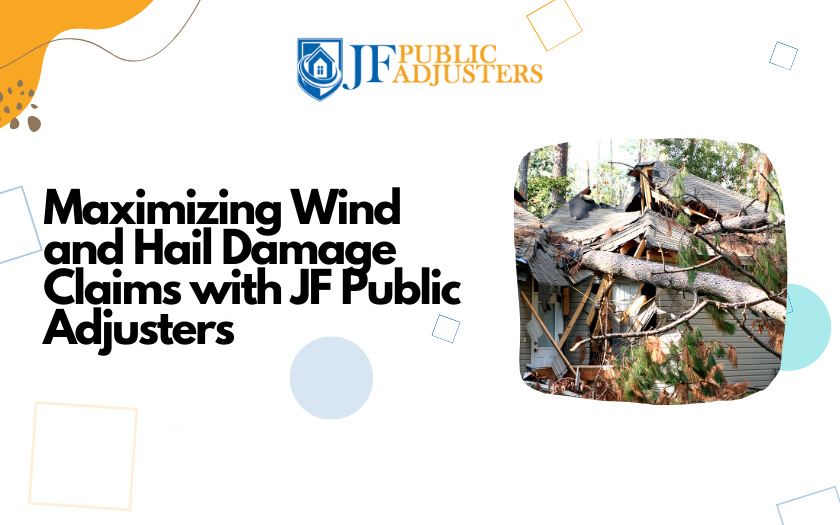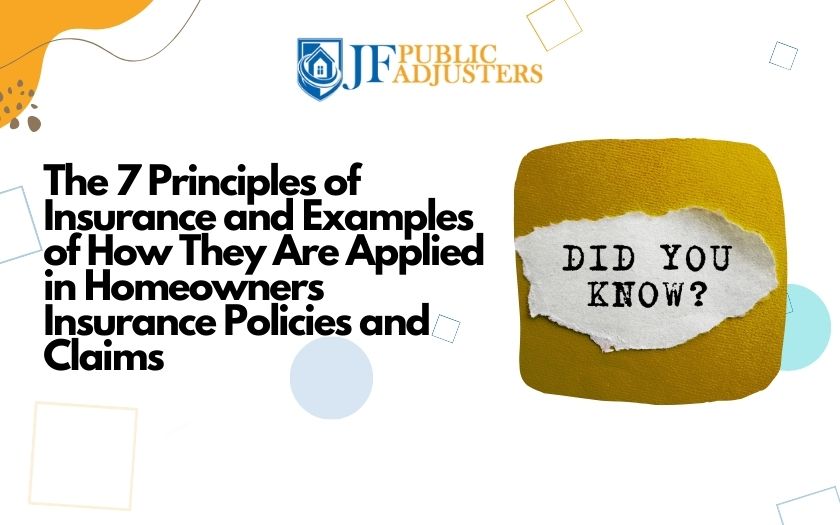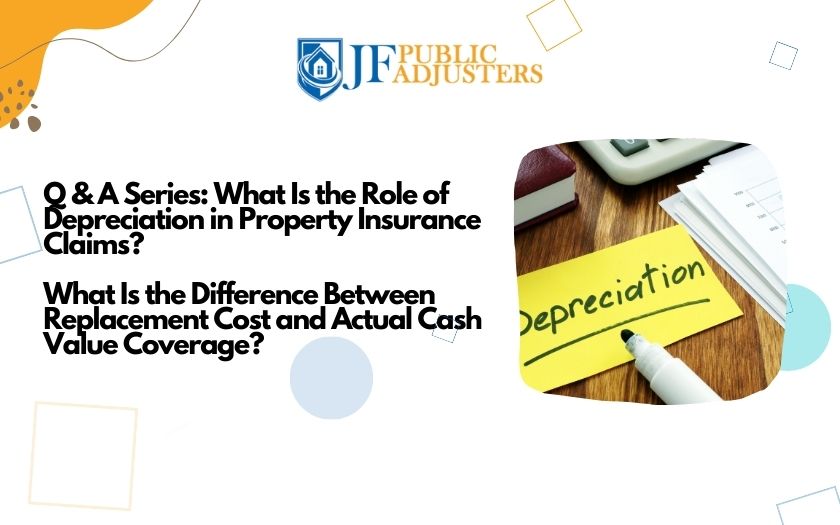Cancellation, Non-Renewal, Policy Lapse – How Do They Differ, What Causes Them and How Can They Impact You As a Policyholder?
Homeowners insurance is your safety net against unforeseen damages and losses. However, insurance companies may decide not to renew or even cancel your policy under certain circumstances. These actions can have significant implications for policyholders, and it’s essential to understand the differences between cancellations, non-renewals, and policy lapses. In this comprehensive guide, we’ll clarify each of these terms and provide real-world examples to help you navigate this complex landscape.
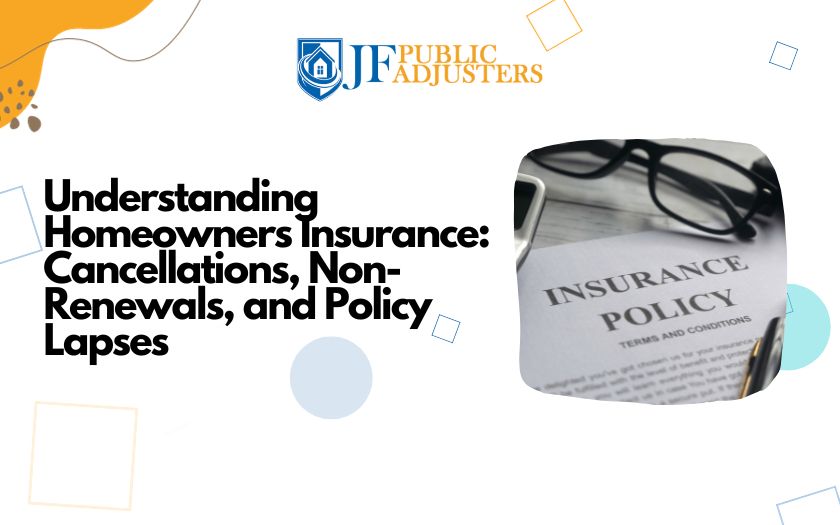
Cancellations: A Sudden End to Coverage
A policy cancellation means your insurance company has decided to terminate your coverage prior to the end of its term. Cancellations are allowed only under specific circumstances, and they must adhere to state laws in regards to reasons for cancellation and the notification to you.
Valid Reasons for Cancellation
Nonpayment of Premiums: If you fail to pay your insurance premiums, your insurer may cancel your policy. It’s important to note that most insurers offer a grace period before cancellation takes effect, usually around 30 days.
Fraud and Misrepresentation: If you provided false information or committed fraud when obtaining your policy, your insurer can cancel it. For instance, if you misrepresented your identity during the application process, this can lead to cancellation.
Property Deterioration: If your home’s condition deteriorates significantly, causing higher risks, your insurance company can cancel the policy. For example, if you make structural changes to your house that make it uninsurable, the insurer has the right to cancel.
Vacancy: Leaving your home vacant for extended periods can also result in a policy cancellation. Insurance companies often require you to notify them if your home remains unoccupied for 30 days or more. Vacant homes are generally more susceptible to crime and higher claims. For instance, if an uninhabited home catches fire, there’s no one to call the fire department, leading to a total loss.
Policy Cancellation and the Consequences
Insurance companies are generally required by law to provide a written notice of cancellation, typically at least 30 days before the termination date. Use this time to find alternative coverage to avoid gaps in protection.
After a policy is canceled, policyholders may face challenges securing new insurance coverage. Some companies specialize in providing coverage to individuals who cannot obtain it from regular insurers. It’s advisable to contact your state department of insurance if you’re having difficulty obtaining coverage.
Non-Renewals: A Choice Not to Continue
A non-renewal occurs when either the insurance company or the policyholder opts not to renew the policy upon its expiration. Non-renewals are more flexible than cancellations and can occur for various reasons.
Reasons for Non-Renewal
Claims History: If you file a high volume of claims within a policy period, it may result in a non-renewal. Frequent claims can pose a financial risk for insurance companies.
Liability Claims: Liability claims, such as dog bites, can also lead to non-renewal. If your dog has bitten multiple people, the higher liability risk may prompt non-renewal.
Late Payments: While late payments might not immediately lead to policy cancellation, they can result in non-renewals.
Changes in Company Strategy: Sometimes, non-renewals are due to insurance companies altering their business strategies. This might not necessarily be a reflection of your actions but rather a decision made by the company.
Non-Renewals and the Process
Insurers are obligated to provide written notice of non-renewal before the policy’s expiration. The exact time frame varies by state, but a common window is 45 days.
Policyholders should use this notification period to secure a new insurance policy to avoid coverage gaps. It’s essential to explore alternative coverage options, as non-renewals can sometimes be driven by the insurance company’s business decisions, rather than the policyholder’s actions.
Policy Lapses: The Risk of Missed Payments
Policy lapses typically occur when a homeowner misses multiple premium payments. While most insurers provide a grace period, if you continue to neglect payments, your policy will eventually lapse.
Implications of a Policy Lapse
An insurance lapse means that you won’t have adequate protection. Home insurance covers not only the structure of your home but also personal belongings, liability protection, and living expenses in the event your home becomes uninhabitable.
If your policy lapses, mortgage lenders may step in. Lenders often require homeowners to maintain insurance coverage to protect their financial interest in the property. If your coverage lapses, lenders may arrange for a lender-placed policy, which can be more expensive and provide limited coverage.
Actions to Avoid a Lapse
Homeowners must strive to maintain continuous insurance coverage by paying premiums on time.
Policyholders experiencing difficulty paying premiums should contact their insurance company to explore options, such as extending payment deadlines.
If your policy is in danger of lapsing, it’s vital to resolve the situation promptly to prevent costly consequences and potential gaps in coverage.
Understanding the distinctions between policy cancellations, non-renewals, and lapses is crucial for homeowners. While each circumstance comes with its set of consequences, it’s always advisable to maintain open communication with your insurance company, address issues promptly, and secure alternative coverage if needed. Home insurance is a vital safeguard, and a thorough understanding of these concepts ensures that your most significant investment—your home—is adequately protected.
If your property sustains damage from events such as wind, hail, fire and smoke or water damage from broken pipes, please reach out to us. We’d be delighted to have a conversation about how we can assist you.
As public adjusters, our mission is to guide you through the process of managing your property insurance claim, ensuring that you secure the most favorable settlement. Our aim is to swiftly and efficiently restore your property to its pre-loss condition.
Uncertain about whether your insurance will provide coverage for the damage? We encourage you to get in touch with us regardless. JF Public Adjusters offers a complimentary review of your claim and a consultation. You can reach us via phone or text at (917) 272-8793.
Contact Us
You can reach us via phone or text at (917) 272-8793.
GET IN TOUCH!
The Leading Property Damage Experts Are Here To Help
CONTACT NEW YORK’S HIGHEST RATED PUBLIC ADJUSTER IMMEDIATELY BY CALLING OUR OFFICE OR BY COMPLETING THE FORM.
CALL US FOR FREE

